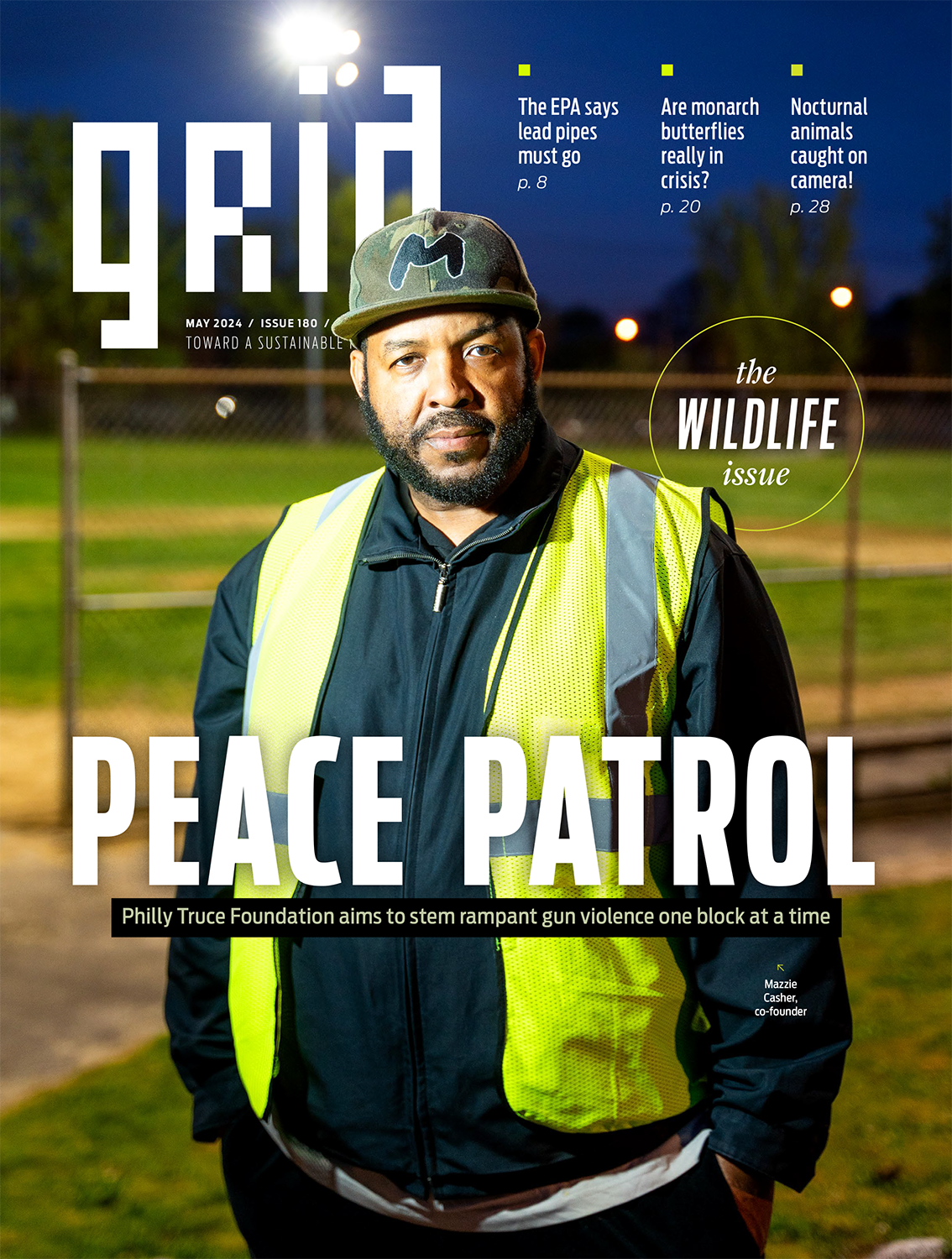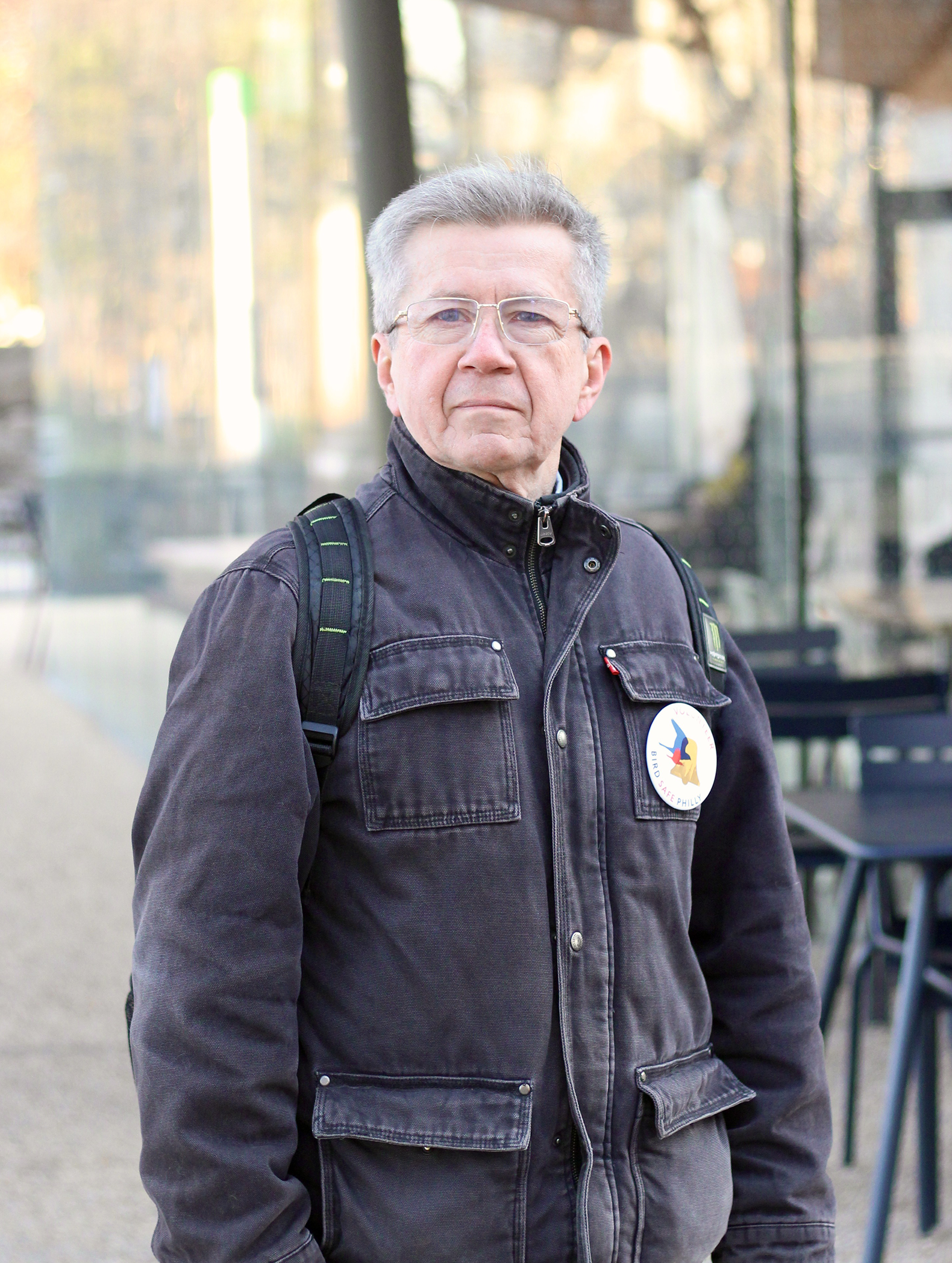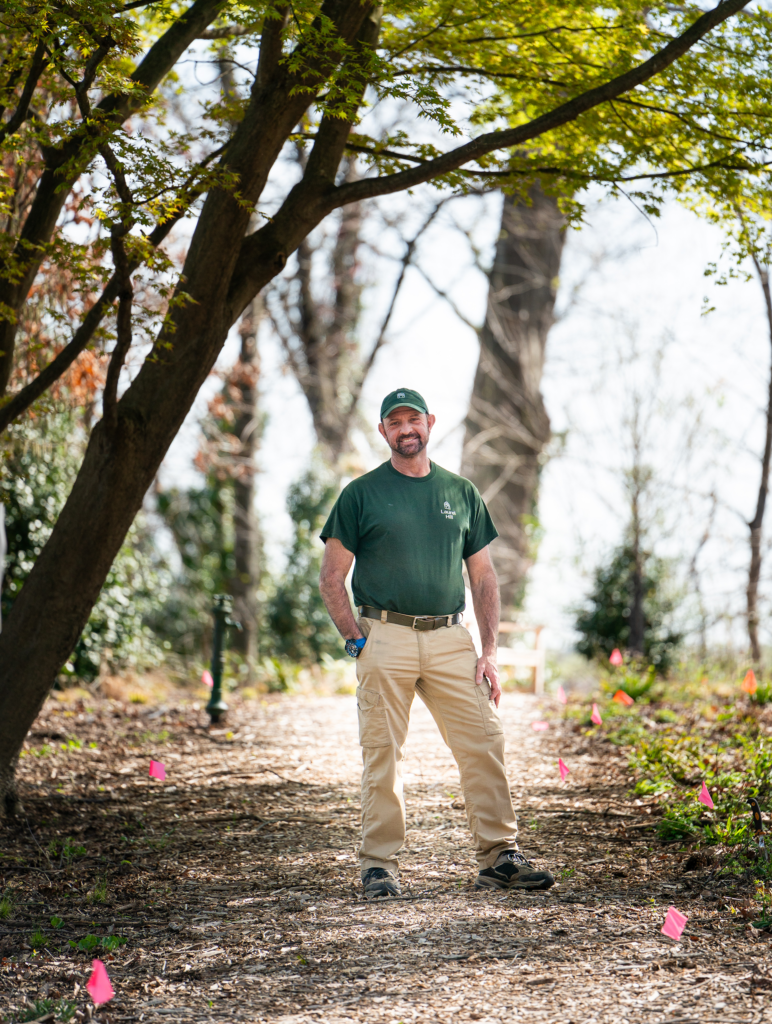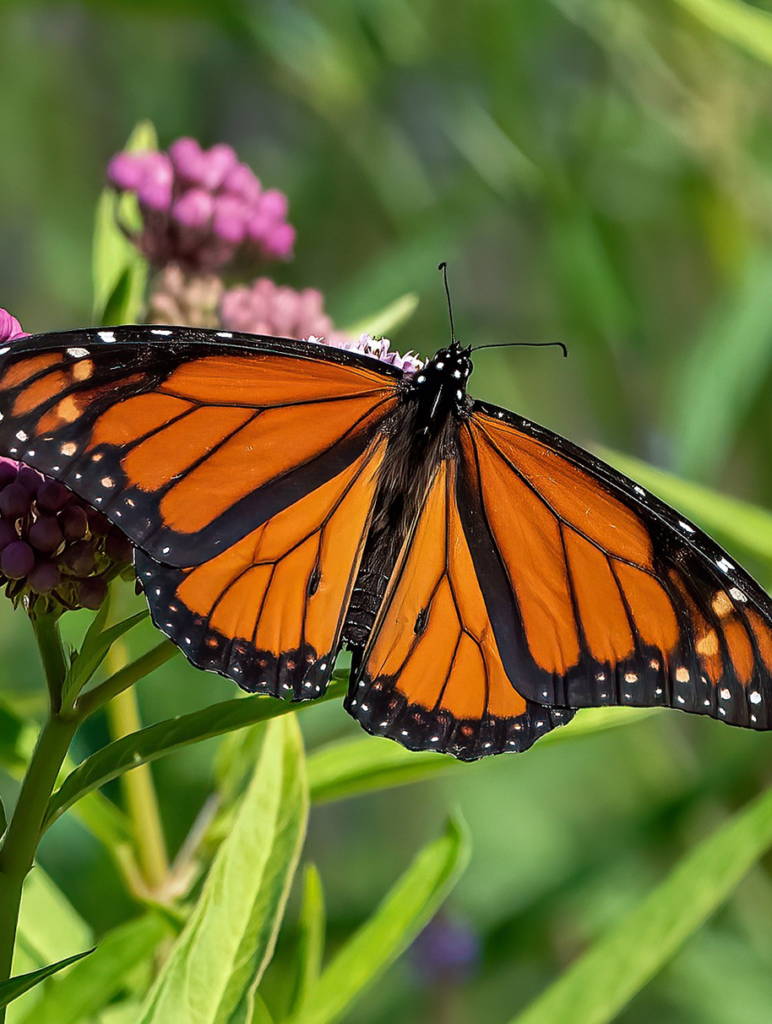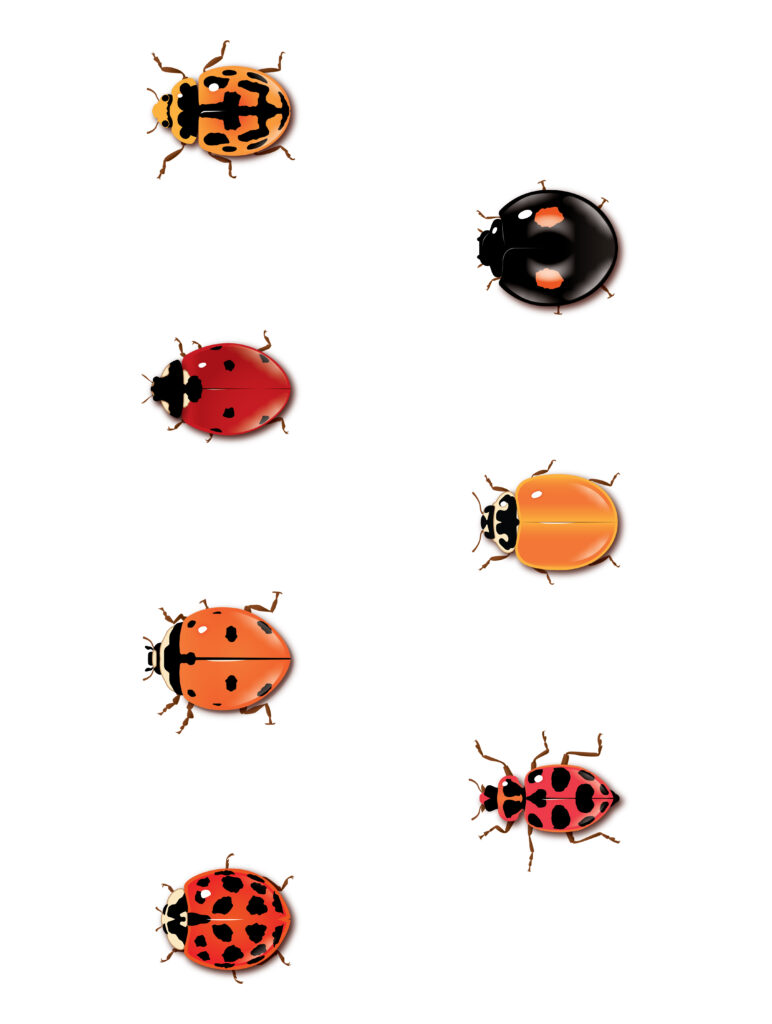In the early hours of September 17, 2023, Mazzie Casher and Steven Pickens were foot patrolling near A Street and Indiana Avenue in Kensington, a hotspot for gun murders. The co-founders of the Philly Truce Foundation, a nonprofit that tackles gun violence among the city’s Black youth, were accompanied by a Philadelphia police officer and other anti-violence activists. It was part of Operation Hug the Block, an initiative designed to show neighbors that they could become a presence that deters killings.
Around 1 a.m., while the group was on patrol, a masked man in a hoodie rode a bike up to their base where they rested between patrols. “He said something like, ‘You all better shut this s*** down,’” recalls longtime anti-violence activist Jamal Johnson, known for his 2021 hunger strike at City Hall to force then-Mayor Jim Kenney to confront Philadelphia’s rampant shootings, and for “Stop Killing Us,” his yearly walk to Washington, D.C., to press Congress to pass effective gun-control laws. The masked man told Johnson, who was alone at the base at that time, that he would return with reinforcements. Then he pedaled off into the night.
Johnson relayed the threat to the foot-patrollers, who hurried back to the base. Despite the warning, the men decided to stand their ground. “We didn’t leave because that would have given the man what he wanted,” says Casher, who took the threat as a sign that Hug the Block was succeeding in changing the area’s ambiance.
When an injustice is committed [against Black Americans] by someone of a different ethnic group, there’s outrage. Where’s the outrage when [the gunmen are from] our own community?”
— Steven Pickens, Philly Truce Foundation
The initiative, a collaboration with Johnson, was Philly Truce’s first city-wide campaign. Pickens and Casher, friends since childhood in North Philadelphia, launched the organization in 2020 after George Floyd’s murder. “When an injustice is committed [against Black Americans] by someone of a different ethnic group, there’s outrage,” Pickens says. “Where’s the outrage when [the gunmen are from] our own community?”
For its first effort, Philly Truce patrolled streets in West Philadelphia over the 2021 Thanksgiving weekend, a holiday when violence often spikes. That initiative led to far fewer shootings, as did West Philly peace patrols in 2022, according to Casher.
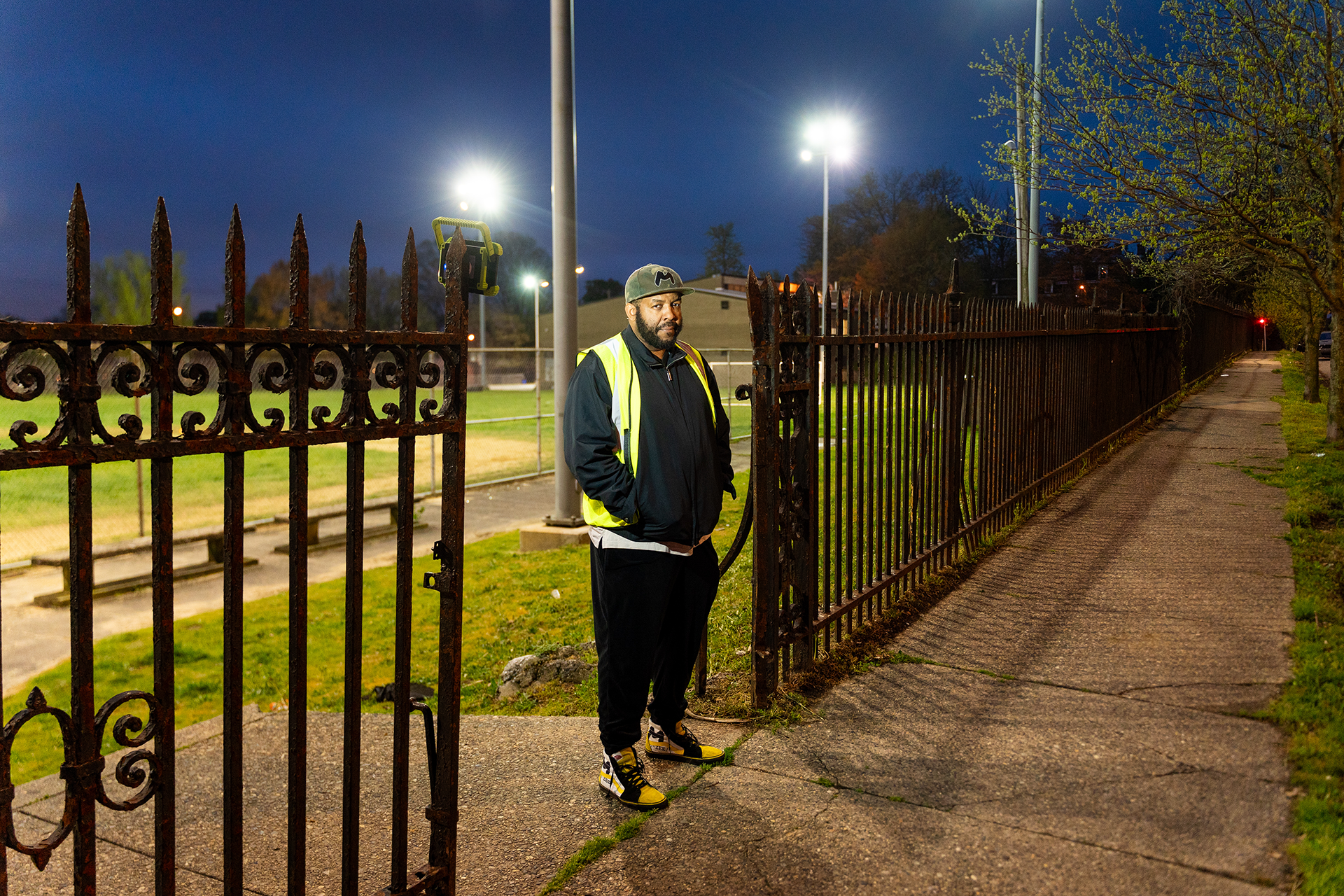
In 2023, the team launched Safe City Boys to mentor youth from ages 11 to 15. During the school year, the boys meet twice during the school week and on Saturdays with mentors who guide them in developing skills like emotional awareness, relationship building and conflict resolution. Safe City Boys also offers presentations from people who work in various professions as well as workplace visits. Last year, the program served 24 boys at different sites across the city, Casher says. “We have 15 boys this year, and we expect that number to double by the summer.”
The Safe City Summit in late May brings together all the boys as well as past program participants. For this year’s summit, Philly Truce has partnered with architect Michael Spain of the Community Design Collaborative, a firm that specializes in planning resilient communities, Casher says. The summit will focus on creating neighborhoods whose design promotes peace.
“The boys will do an [artificial intelligence] exercise, actually planning a community, led by Micahel Spain,” Casher says. The summer will also include paid community service, such as tending community gardens and foot patrolling with their mentors, Casher says. The program aims to teach boys that they are responsible for how their communities look and what happens there, he says.

Philly Truce also launched an app that can put Philadelphians who see potentially violent conflicts brewing in touch with trained mediators 24/7, Casher says. Developed in 2021, the app had more than 1,500 downloads, 200 help requests and 37 de-escalations of conflicts in 18 months, according to Casher. The free app is currently on hold while being revamped for smoother communication between peace patrollers and community members trying to reach them.
Hug the Block is the organization’s most widely known effort. Using data from District Attorney Larry Krasner, Johnson, Casher and Pickens identified 77 blocks where 10 or more shootings had happened since 2015. Starting on August 22, 2023, they kept watch on one block a night for the 77 nights prior to the November 7 mayoral election to push the candidates to prioritize curbing shootings among Black youths. Then the men and other volunteers walked the block together from 10 p.m. to 4 a.m. at 30-minute intervals, starting at the top of the hour.
The patrols were peaceful, but not quiet. Using bullhorns, the men urged neighbors to launch watch groups themselves. “Sometimes they would join us,” says Marc Anthony Postell, a Southwest Philly resident and truck driver for the Philadelphia Housing Authority who patrolled for 55 nights. “It was exhausting, but you feel good about doing something positive.”
There were moments of frustration. “If I can be here at 10 p.m. at night patrolling your neighborhood and I don’t live here, why can’t you be here?” Pickens says. Postell says that churches and nonprofits could take on the task that Philly Truce had assumed.
Hug the Block produced an immediate effect, according to Maya Stallings, adjunct professor of civic engagement at Drexel University and a volunteer with Philly Truce. Stallings compared statistics before the patrols with those immediately afterward. “We found a 64% decrease in crime overall, and no one under the age of 18 was shot,” she says.
Given the patrols’ effectiveness, Johnson, Pickens and Casher asked City Council to fund a pilot program. They propose a town watch model where paid participants patrol an assigned neighborhood and report suspicious or criminal activity.
Casher noted that patrollers from the community and the police would have a common goal, and that could improve the relationship between them.
Councilmembers Kendra Brooks and Jamie Gauthier — who joined Hug the Block patrols, along with Council president Kenyatta Johnson, and Sheriff Rochelle Bilal — favor funding a pilot program. Gauthier says that besides making neighborhoods safer, the call to action for Black men heartens her. “The men could mentor and engage our people, teach them to cool down situations before they erupt in violence.”
Through all its programs, Philly Truce aims to equip Black males and their communities with tools that increase their chances to achieve sustainable manhood, Casher says.
To learn more about Philly Truce, Safe City Boys or to make a donation, visit phillytruce.com or call (267) 458-7823.


